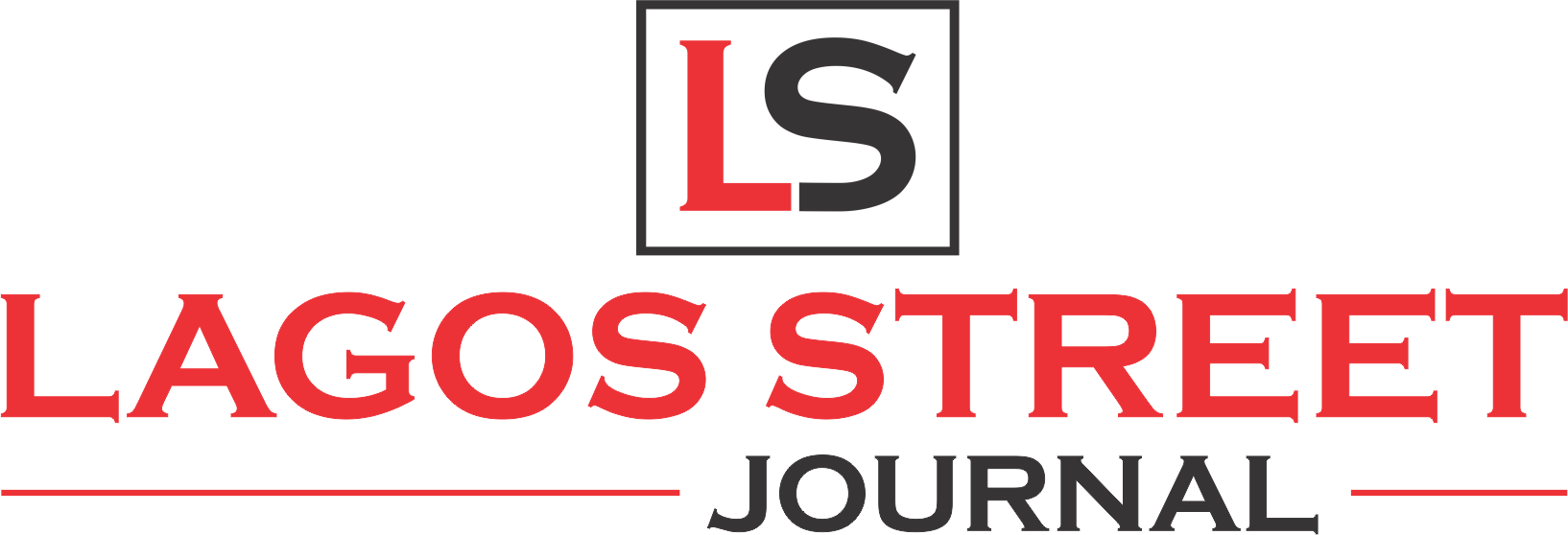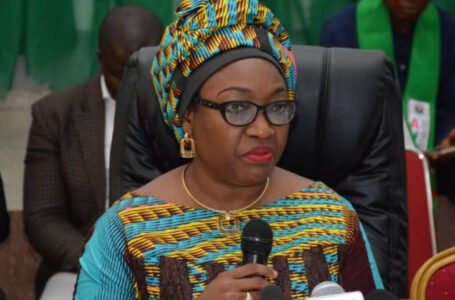Witness narrates how Ex-HoS, allies diverted public funds to private companies in court
Court Joins MURIC In Suit Challenging Arabic Inscription On Naira, Army Flag


By Joseph Ayinde
The Federal High Court in Lagos on Tuesday made an order joining the Muslim Rights Concern Association (MURIC) in a suit challenging the Arabic inscription on the Naira note and the logo of the Nigerian Army flag.
The judge, Mohammed Liman, ordered MURIC and its Director, Ishaq Akintola, to be joined as defendants in the suit.
The lawyer to Mr Akintola, Adewale Alabi, and MURC’s lawyer, Emmanuel Ogunlowo, had moved their clients’ joinder applications.
The plaintiff, Malcom Omirhobo, a lawyer who represents himself in the case, did not oppose the joinder applications.
The lawyer to the Central Bank of Nigeria (CBN), Olumuyiwa Aduroja, a Senior Advocate of Nigeria, also did not oppose the application.
The News Agency of Nigeria (NAN) reports that the judge adjourned till March 16 for hearing after granting the applications.
MURIC and Mr Akintola are now part of the defendants’ list which originally comprised CBN, Nigeria Army, Ministry of Defence and the Attorney General of the Federation.
The suit
Mr Omirhobo had filed his suit in January 2020 to challenge the Arabic inscriptions on the Naira notes and the flag of the Nigerian Army.
The plaintiff had argued that the inscriptions violated the status of Nigeria as a secular nation.
He urged the court to declare that “it is unconstitutional to allow the Nigerian Army logo to be adorned with Arabic language, instead of the official English, Hausa, Yoruba and Igbo languages.”
Akintola wants Arabic inscriptions retained
Mr Akintola had in his affidavit filed in support of his joinder application, argued that the claims contained in the plaintiff’s suit were “falsehoods and deliberate misrepresentation in respect of Islamic faith and the Arabic language.”
He noted that the inscription on the Nigerian Army’s logo reads as “Nasiruminallah” and translates in English to mean “victory comes from God alone.”
He said neither the Nigerian Constitution nor any statue made English the official language of the Army.
Mr Akintola added that there was also no provision, which states that Nigeria is a secular state and that Arabic inscriptions do not render her a secular or non-secular state.
According to him, the said inscription on Naira notes does not represent in anyway, the religion of Islam but rather constitutes part of the rich historical heritage of Nigeria.
He argued that the inscription dated back to the colonial era and had aided many illiterate Nigerians to know the value of the currency notes in Hausa.
Besides, Mr Akintola argued that the Holy Bible, which is the scripture for Christians all over the world, is printed in Arabic in countries like Israel, Egypt, Palestine, Lybia and Syria.
He added that church services were also conducted in Arabic in those places.
He added that Arabic language was, in fact, an indigenous language of the Shuwa Arab ethnic group of Nigeria, and not synonymous with Islam. (NAN)








